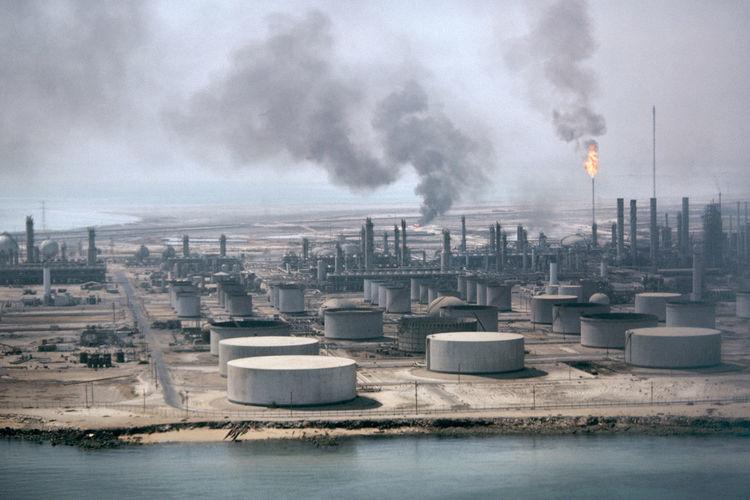
IEA TRUSTS SAUDI

The head of the oil consumers' watchdog group said on Thursday that he believed top exporter Saudi Arabia would "act responsibly" in the market, citing its reputation in helping balance global supplies.
The comments by Fatih Birol, who took over the top role at the International Energy Agency in September, came in response to a report that the kingdom would make a surprise proposal to other OPEC members meeting in Vienna to cut output next year, provided certain stringent conditions were met.
A senior Saudi source called the report "baseless" and other top suppliers Iran and Russia quickly reiterated their objections to accepting any curbs.
"I trust Saudi Arabia will act responsibly in line with its reputation," Birol, who worked for OPEC before joining the IEA 20 years ago, told Reuters on the sidelines of a the global climate change summit in Paris.
"It's up to them to decide, but Saudi Arabia's reputation is that it provides comfort to the market and balances it."
He did not elaborate on the comments. The Paris-based IEA was established four decades ago to provide a counterweight to OPEC following the Arab oil embargo, and traditionally maintains a laissez faire policy toward markets.
Oil prices have collapsed from more than $100 a barrel last summer to nearly $40 a barrel after Saudi Arabia led a decision to maintain production in the face of a deep glut, a switch from its longstanding policy of modifying output in order to avoid the world from becoming oversatured or running short of oil.
Birol also reiterated his concerns that the recent extended period of lower prices - U.S. crude is set for its lowest yearly average price in a decade - may be setting the world up for a rebound within two years as companies scrap major new projects.
"There is a lot of oil on the markets. Inventories are very high, but as of 2017, we expect prices to rise and reach about $80 by 2020," he said, reiterating an IEA projection.
The world needs to generate around 5 million barrels per day (bpd) new supply a year just to stand still as older fields decline by about 4 million bpd a year and demand grows by 1 million bpd, he said. The drop in new investment risks leaving the market short in just a few years' time.
"This is the first time in the last three decades that there is a decline for two years in a row."
-----
More:



